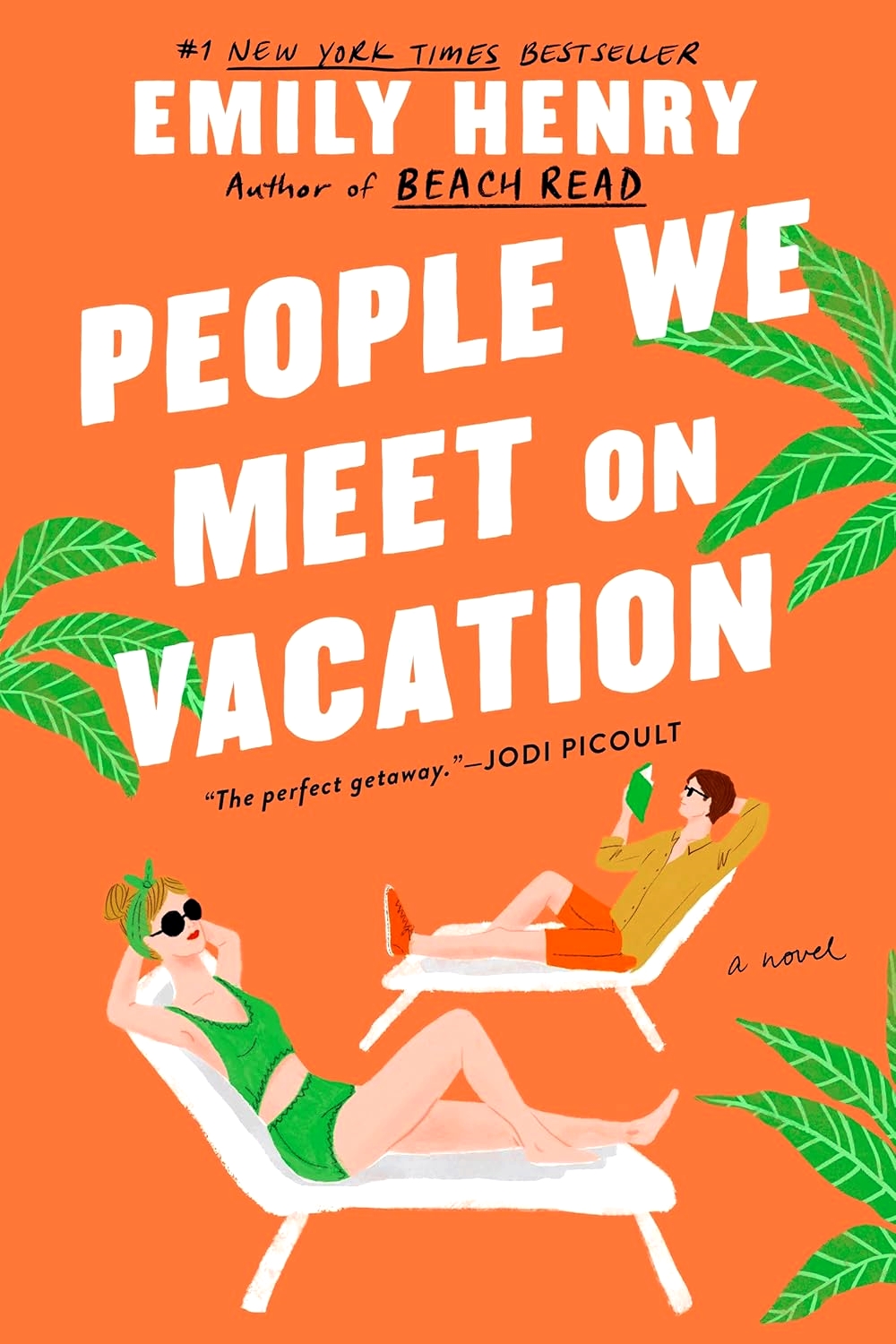Alex, though, I didn’t have anyone specific in mind for him. He feels like someone who’d surprise you on screen. Poppy, on the other hand, totally gives me Taylor/Rain vibes from TSITP, that kind of warm, spontaneous energy that lights up a quiet room.
The book really captures how opposites can fit so naturally together.
Alex, the introverted bookworm who overthinks everything, and Poppy, the easy-going extrovert who dives headfirst into life. I loved how she brought out a different side of him, how love can make even the shyest person feel seen, even if they don’t know what to do with that feeling.
From the very beginning, I just knew Poppy was in love with Alex. And honestly, Alex was, too. The frustrating part is that they both knew it, but somehow couldn’t quite say it out loud for ten summers.
Ten!
Maybe that’s the beauty and the agony of timing: sometimes the right person comes along at the wrong moment, and life keeps testing you until you’re finally ready to stop running from it. Still, I found it a bit draggy at times, like the story was stretching those moments too far. But maybe that’s realistic, sometimes love really is a long, messy wait.
I have to admit, though, I wasn’t completely locked into this book. Part of that might be because I’d just finished Book Lovers by Emily Henry, which I adored. That book just hit differently, and maybe because I saw more of myself in the characters or because it made me feel things I wasn’t expecting. I still secretly hope it’ll be turned into a movie someday, just so I can see who’d play Charlie Lastra. That story stayed with me a little longer, and maybe that’s why this one didn’t hit quite as hard.
Still, some moments felt deeply familiar, especially Poppy’s love for travelling cheaply and making the most out of every trip. That’s so me back in my university days. I used to plan every trip on a tight budget, juggling bus schedules and shared hostels, chasing memories over comfort. Unless I was travelling with a super-organised group, I’d happily just follow along.
Travel teaches you a lot about people. You meet so many faces you’ll probably never see again, strangers who share a train ride, a hostel kitchen, a meal, a laugh. You might never even exchange contacts, but somehow they leave a tiny fingerprint on your story. And sometimes I wonder. We spend so much time thinking about how others shape our lives, but how often do we think about the small ways we might shape theirs? Even in fleeting encounters, maybe we leave behind something memorable.
That thought lingers with me. It reminds me of how Poppy and Alex kept coming back to each other, over and over, like the universe was nudging them closer each time. Maybe that’s what love and friendship are, too. Not grand gestures, but all the small, moments that build up until you finally see what’s been there all along.
And on a more personal note, I guess I owe a tiny public apology. To all the people who might’ve thought I was cold or awkward when we first met. I know I’m terrible at first impressions. I fumble with small talk and probably overthink every word. But once we get past that, I promise I’m not that hard to talk to. Maybe that’s why I connect with characters like Alex, they remind me it’s okay to be quiet in a loud world.
For now, I’m pressing pause on rom-com fiction. I think my heart needs a little breather, something with deeper emotions. So next up, I’m diving into a historical fiction. A change of pace, a new perspective, maybe even a reset.

_Title_Card.png)







